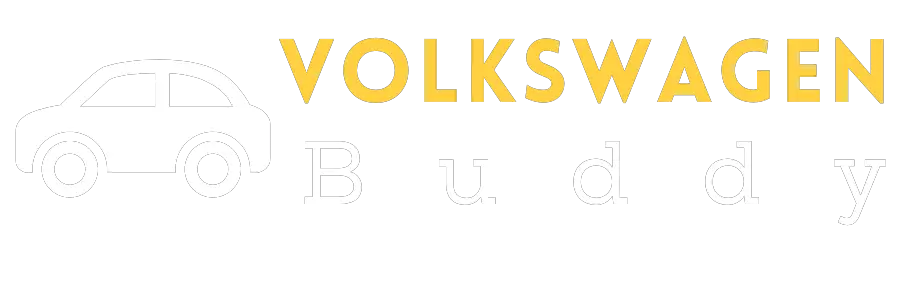What Does Tdi Stand For In Volkswagen [Explained]
Have you been wondering what TDI stands for in Volkswagen You’re not alone! Many people are curious about this acronym, which is often seen on Volkswagen vehicles. In this blog post, we’ll take a closer look at what TDI means and why it’s important.
What Does Tdi Stand For In Volkswagen
TDI stands for Turbocharged Direct Injection.
Also Read: Does Porsche Own Volkswagen
What Does TDI Stand For In Volkswagen?
TDI Definition
TDI is an acronym for Turbocharged Direct Injection. It is a type of diesel engine that uses a turbocharger to compress air into the combustion chamber, which helps to improve fuel efficiency and power output.
TDI History
The first TDI engine was developed by Volkswagen in the early 1980s. It was a 1.6-liter engine that produced 75 horsepower. The TDI engine was first used in the Volkswagen Golf Mk2 in 1983.
TDI Technology
TDI engines use a number of different technologies to improve fuel efficiency and power output. These technologies include:
Turbocharging: A turbocharger uses exhaust gases to spin a turbine, which in turn compresses air into the combustion chamber. This compressed air helps to improve fuel efficiency and power output.
Direct injection: Direct injection means that fuel is injected directly into the combustion chamber, rather than into the intake manifold. This helps to improve fuel efficiency and power output.
Variable valve timing: Variable valve timing allows the camshafts to change the timing of the valves, which helps to improve fuel efficiency and power output.
TDI Advantages
TDI engines offer a number of advantages over traditional gasoline engines, including:
Improved fuel efficiency: TDI engines can achieve up to 30% better fuel economy than comparable gasoline engines.
More power: TDI engines produce more power than comparable gasoline engines.
Lower emissions: TDI engines produce lower emissions than comparable gasoline engines.
TDI Disadvantages
TDI engines also have a few disadvantages, including:
Higher cost: TDI engines are more expensive than comparable gasoline engines.
Noisier: TDI engines are noisier than comparable gasoline engines.
More complicated: TDI engines are more complicated than comparable gasoline engines.
TDI Applications
TDI engines are used in a variety of vehicles, including passenger cars, light trucks, and commercial vehicles. Some of the most popular vehicles that use TDI engines include the Volkswagen Golf, Volkswagen Jetta, Volkswagen Passat, Volkswagen Tiguan, and Volkswagen Touareg.
Conclusion
TDI engines are a type of diesel engine that offers a number of advantages over traditional gasoline engines. They are more fuel efficient, produce more power, and emit lower emissions. However, they are also more expensive, noisier, and more complicated than comparable gasoline engines.

![Is Volkswagen And Audi The Same Company: [Answered]](https://volkswagenbuddy.com/wp-content/uploads/2024/02/is-volkswagen-and-audi-the-same-company-answered_1939-768x531.jpg)
![How Much Does An Oil Change Cost For A Volkswagen Tiguan: [Find Out]](https://volkswagenbuddy.com/wp-content/uploads/2024/02/how-much-does-an-oil-change-cost-for-a-volkswagen-tiguan-find-out_788-768x531.jpg)
![Is Volkswagen Taos Reliable: [Answered]](https://volkswagenbuddy.com/wp-content/uploads/2024/02/is-volkswagen-taos-reliable-answered_1943-768x531.jpg)
![Volkswagen Digital Speedometer Not Working: [Proven Fixes!]](https://volkswagenbuddy.com/wp-content/uploads/2024/02/volkswagen-digital-speedometer-not-working-proven-fixes_222-768x531.jpg)
![Volkswagen Start Stop Not Working: [Reasons + Fixed]](https://volkswagenbuddy.com/wp-content/uploads/2024/02/volkswagen-start-stop-not-working-reasons-fixed_476-768x531.jpg)
![Does The Volkswagen Tiguan Come In Diesel: [Explained]](https://volkswagenbuddy.com/wp-content/uploads/2024/02/does-the-volkswagen-tiguan-come-in-diesel-explained_729-768x531.jpg)